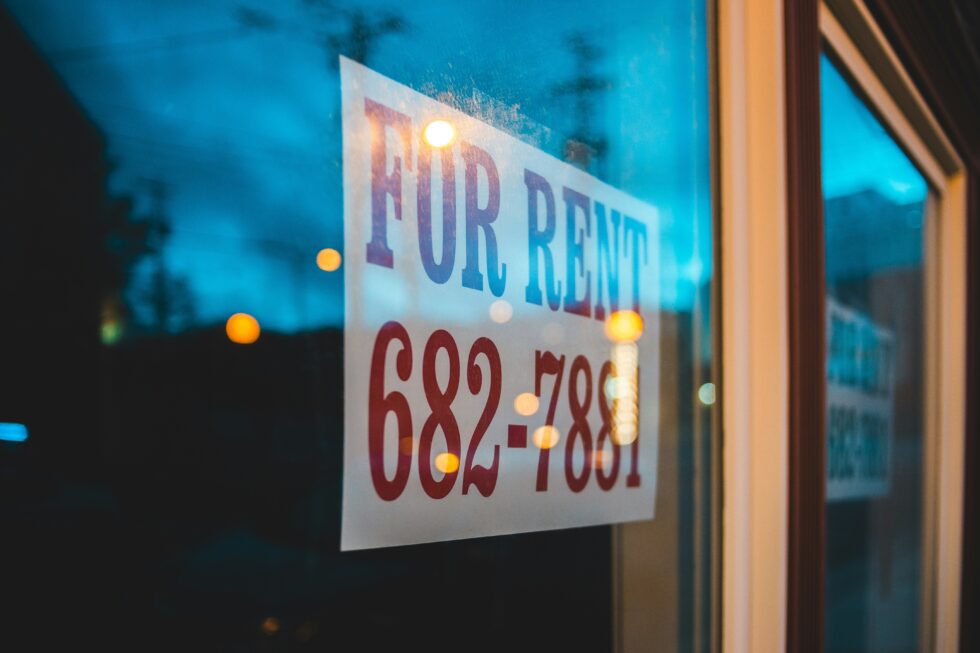
All across the Fredericksburg region, the average renter would have to work more than one full-time job in order to afford a two-bedroom apartment at fair market rent.
In Fredericksburg City, you need to make an hourly wage of $39.33 in order to be able to afford a two-bedroom apartment at the area fair market rent of just over $2,000 per month.
But the mean estimated hourly wage of renters in the city, according to the annual “Out of Reach” report on affordable housing by the National Low Income Housing Coalition, is $21.63.
A person would need to work two full time jobs at that wage in order to afford—defined as not paying more than 30% of income on housing—a two-bedroom apartment at the area fair market rent.
The situation is more impossible in Stafford and Spotsylvania, according to the report. The two counties, along with Fredericksburg City, are considered to be within the U.S. Department of Housing and Urban Development’s Washington-Arlington-Alexandria metropolitan fair market rent area, where the annual median income is $154,700.
That translates to an hourly wage of about $74. However, the mean hourly wage of renters in Stafford is $15.72 and in Spotsylvania is $15.10. At those wages, affordable monthly rent in Stafford would be $818 and in Spotsylvania would be $785.
A person in those counties would have to work two-and-a-half full-time jobs in order to afford fair market rent of $2,045 per month.
There is no state, metropolitan area, or county in the U.S. in which a person working full-time earning the federal or state minimum wage can afford a two-bedroom rental apartment at fair market rent, the report finds.
“In 2024, a full-time worker needs to earn an hourly wage of $32.11 on average to afford a modest, two-bedroom rental home in the U.S. and $26.74 to afford a modest one-bedroom rental home,” it states.
“Although most indicators show that the U.S. economy is strong, the lowest-income renters continue to confront significant challenges finding and maintaining access to safe and affordable rental housing.”
Caroline and King George counties have been considered “more affordable,” but even there the average renter would have to work more than one full-time job in order to afford a two-bedroom apartment at fair market rent—which in Caroline is $1,181 and in King George is $1,400.
In Caroline, the average renter makes just $12.44 per hour, according to the report. In King George, the average renter makes $18.23 per hour.
Renters in Caroline need to make an hourly wage of $22.71 in order to afford fair market rent, and those in King George need to make an hourly wage of $26.92.
HUD sets fair market rent (FMR) each year for metropolitan areas and counties across the U.S. FMR is 40th percentile gross rents for standard quality units—slightly less than median gross rent, which would be the 50th percentile.
There’s a greater disparity between fair market rent and average renter wage in Stafford and Spotsylvania, but the problem potentially affects a greater percentage of the population in Fredericksburg, where 62% of households rent.
Fredericksburg is tied with Harrisonburg for the second highest percent of rental households in the state, just behind Petersburg, where 63% of all households rent.
King George, where 25% of households rent, has the next-highest percentage regionally, followed by Spotsylvania (21%), Stafford (20%), and Caroline (18%).
Federal policies are needed to make housing more affordable for low-income renters, the report states. It recommends four actions Congress can take:
- Expand and preserve the supply of affordable housing, including expanding the national Housing Trust Fund and investing in public housing capital repairs.
- Expand access to rental assistance to every eligible household in need with Housing Choice Vouchers.
- Strengthen and enforce renter protections, including providing legal counsel to renters facing eviction, prohibiting the reporting of evictions and rental debt on consumer reports, establishing anti-rent gouging protections, eliminating arbitrary screening policies to ensure housing access for people exiting the criminal justice system, and supporting “just cause” eviction standards.
- Create a permanent national housing stabilization fund to provide emergency financial assistance to families.
By Adele Uphaus
MANAGING EDITOR AND CORRESPONDENT
Email Adele


